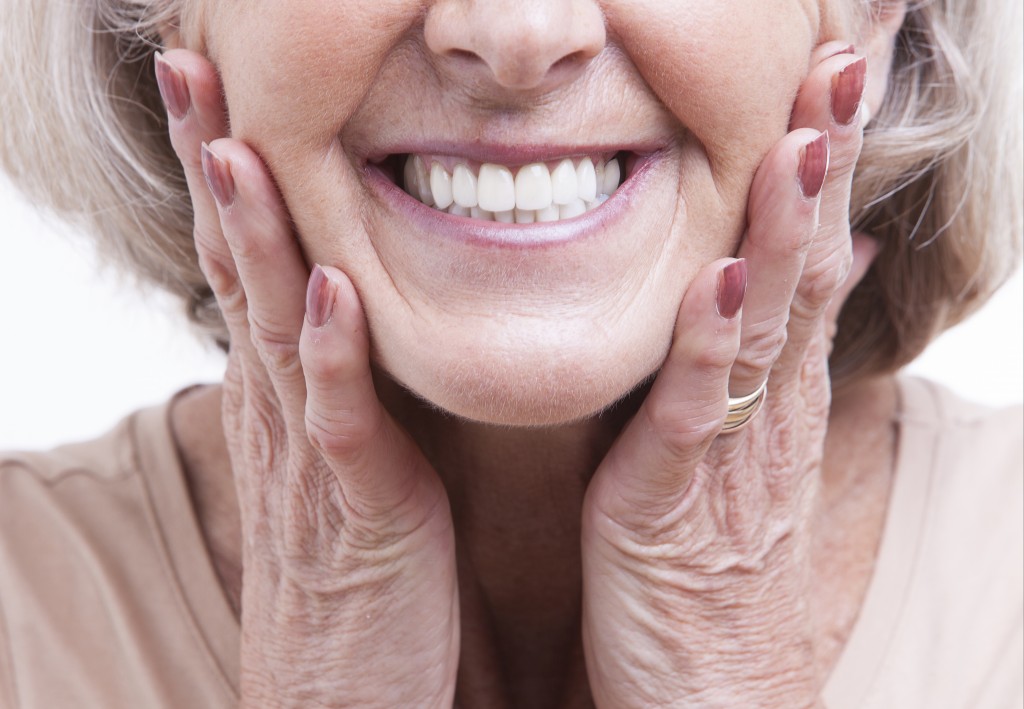Ask any dentist, and they’ll unanimously agree; maintaining excellent oral hygiene is crucial for your dental health.
So what does this mean exactly? And why is neglecting your teeth and gums so damaging?
This article will look at the different ways you can better your health and what could happen if you don’t.
The basics of oral hygiene explained
Good oral hygiene means keeping your mouth clean and minty-fresh by brushing your teeth to remove debris and food particles left over from eating. It also means flossing and rinsing with antibacterial mouthwash regularly, watching what you eat, and seeing an oral healthcare practitioner twice a year.
Skipping on these practices by forgetting to brush your teeth occasionally might not seem like a big deal. However, in the long run, these bad habits could result in you landing up with periodontal gum disease and tooth decay that could seriously hamper your life.
Your mouth is full of bacteria. There are good bacteria that aid your body in breaking down food for fuel, and there are harmful bacteria that attack your tooth enamel and aggravate your gums.
The correct way of brushing your teeth
Brushing your teeth twice a day for two to three minutes is the recommended amount. However, some people fail to maintain these practices, don’t clean for long enough, or aren’t using the correct technique.
If you aren’t confident that you’re brushing your teeth properly, ask your dentist in Soho for a demonstration or read on to find out the correct steps:
- Position your brush on your gum line at a 45-degree angle.
- Gently brush the inside, outside, and all chewing surfaces of your teeth using gentle back-and-forth strokes.
- Follow this up by flossing. Flossing takes practice and shouldn’t be forced between your pearly whites, instead follow the curves of your teeth to remove disease-causing bacteria between the gaps and on the gum line.
- Gargle with mouthwash, swishing the liquid around your mouth then spit it out after 30 seconds.
- Don’t eat for at least 30 minutes after brushing your teeth.
 Visit your dental hygienist for a professional clean
Visit your dental hygienist for a professional clean
The term for a professional clean is a ‘scale and polish’, and this treatment removes built-up plaque and tartar with specialised equipment and abrasives.
The hygienist’s role isn’t just about cleaning your teeth and eliminating disease-causing bacteria, but it’s also to prevent issues caused by neglect from recurring by educating their patients. If you aren’t sure if your dental care is enough to ward off disease or you are looking for new techniques to better the condition of your teeth, ask the professionals!
Improve your diet
Aside from brushing your teeth well and seeing the dental practitioner frequently, what you eat affects your teeth and gums.
Eating sweets, sugary drinks and following a carb-heavy diet isn’t good for skin or body, and it’s not beneficial for your oral health either.
Try to eliminate or limit these foods in your diet by replacing them with plenty of vegetables and legumes, as well as lean meat and chicken.
It’s also in your best interests to curb your smoking habits for the sake of your teeth as tobacco leads to less oxygen circulating your bloodstream, which leads to infected teeth and gums healing more slowly.




